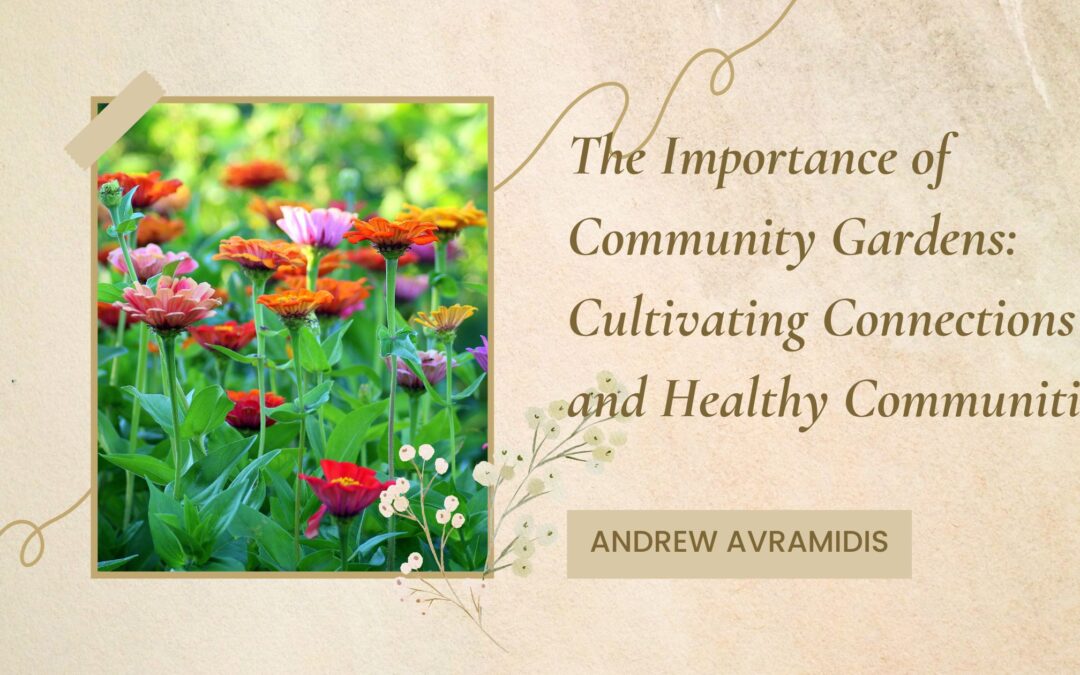Community gardens play a vital role in fostering social connections, promoting healthy lifestyles, and enhancing food security in neighborhoods and urban areas. These communal green spaces provide opportunities for residents to come together, grow fresh produce, and engage in shared activities that benefit both individuals and the community as a whole.
Community gardens serve as hubs for social interaction and community engagement, bringing people of diverse backgrounds and interests together around a common goal: growing and harvesting fresh fruits, vegetables, and herbs. By working collaboratively in the garden, residents build friendships, develop trust, and strengthen bonds with their neighbors, fostering a sense of belonging and community pride.
Moreover, community gardens promote physical and mental well-being by providing access to nutritious, locally grown food and opportunities for outdoor exercise and recreation. Gardening activities such as planting, weeding, and harvesting offer therapeutic benefits, reducing stress, anxiety, and depression while improving mood, cognitive function, and overall quality of life. By connecting people with nature and promoting healthy lifestyle choices, community gardens contribute to the health and vitality of communities.
Additionally, community gardens play a crucial role in addressing food insecurity and promoting food sovereignty in underserved neighborhoods and food deserts. By growing their own food locally, residents gain greater control over their food supply, reduce reliance on grocery stores and food banks, and increase access to fresh, affordable produce. Community gardens empower individuals and families to take charge of their health and nutrition, leading to improved food security and resilience in the face of economic and environmental challenges.
Furthermore, community gardens serve as educational and environmental learning centers, providing opportunities for hands-on learning, skill-building, and environmental stewardship. Gardeners of all ages can learn about plant biology, sustainable gardening practices, composting, and water conservation while gaining valuable life skills and environmental awareness. Community gardens also offer opportunities for intergenerational learning and mentorship, with experienced gardeners sharing knowledge and expertise with newcomers, fostering a culture of learning and continuous improvement.
In conclusion, community gardens are more than just places to grow food; they are vibrant hubs of community life, fostering social connections, promoting health and well-being, addressing food insecurity, and nurturing environmental stewardship. By supporting and investing in community gardens, local governments, nonprofit organizations, and community stakeholders can create inclusive, resilient, and thriving communities where everyone has the opportunity to flourish.

